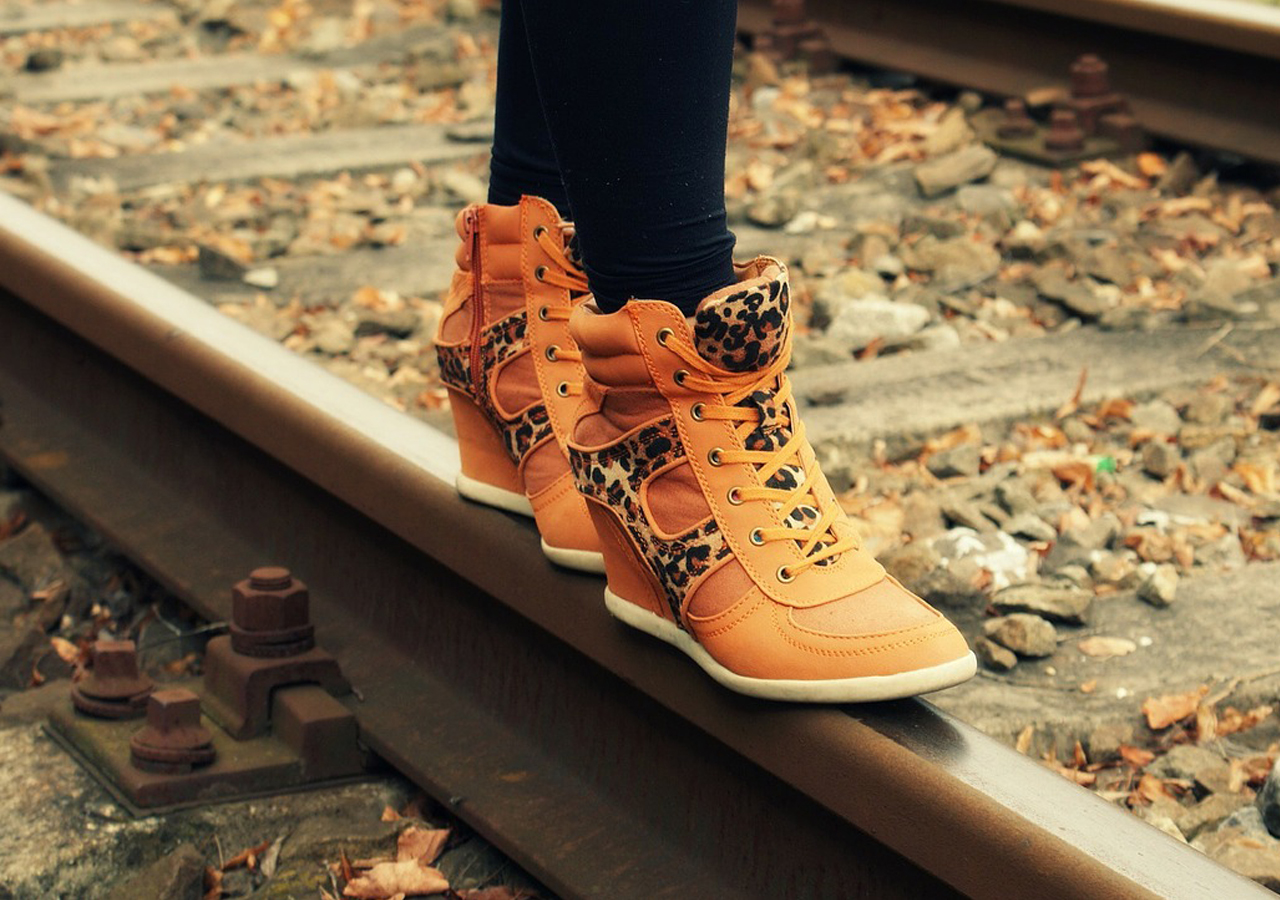btrhbfeojofxcpxuwns
페이지 정보
작성자 WilliamDeary 작성일24-09-16 07:49 조회3회 댓글0건관련링크
-
 https://bs2siteblacksprut.net
0회 연결
https://bs2siteblacksprut.net
0회 연결
-
 https://bs2site2at.net
0회 연결
https://bs2site2at.net
0회 연결
본문
Meet the artist transforming tennis balls into furniture
блэкспрут сайт
In the last two years, tennis has taken over our closets (court-appropriate garb can be found everywhere from Skims to Miu Miu), our screens (who could forget Zendaya’s turn as the tennis protoge-turned-elite-coach Tashi Duncan in “Challengers”) and now — our living rooms.
At least that is the hope of Belgian eco-designer Mathilde Wittock, who fashions bespoke furniture from discarded tennis balls. Wittock’s sleek, modernist chaise longues are entirely cushionless — save for the padding of 500 precisely arranged tennis balls. Her one meter-long benches are similarly sparse, with some 270 balls being both stylish and structurally substantial.
https://bs2bestat.net
black sprut
“It takes around 24 different manufacturing steps to (make) a tennis ball, which is around five days. Then it has such a short lifespan,” Wittock told CNN in a video call from Brussels. “I was looking into tennis balls because I played tennis myself, so I know there is a lot of waste.”
Around 300 million tennis balls are produced each year — and almost all of them end up in landfills, taking over 400 years to decompose. The US Open, which ended at the weekend, goes through around 70,000 each year, with Wimbledon not far behind at 55,000. Wittock estimates the lifecycle of a ball stands at just nine games, depending on the level of tennis being played. “Even if they are contained in their box, if the box has been opened the gas inside the tennis balls will be released over time,” she said. “(Eventually) they will get flat and you’ll have to throw them away.”

















